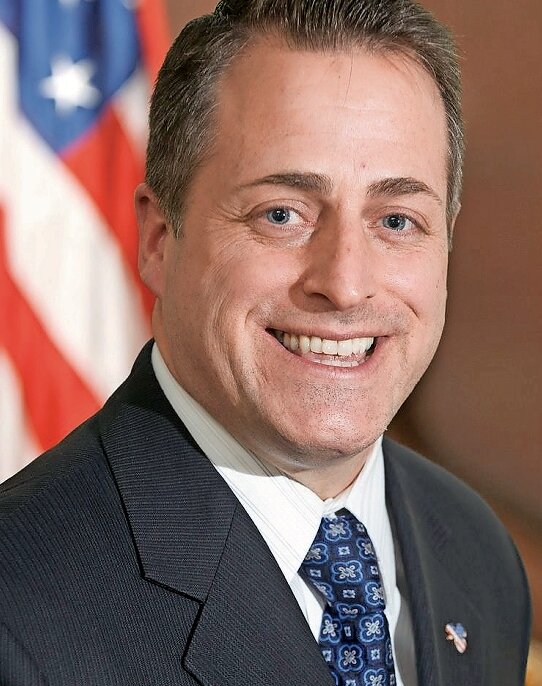The real war on women in New York
The slogan “The War on Women” has largely been associated with the critical issue of women’s reproductive rights. With a presidential election coming in November, we have already heard the phrase being used not only in reference to federal races but also in local and state contests. This, of course, raises the question: Is there an actual war on women in New York state that will be, either officially or unofficially, on the ballot in November?
If we examine the question based on the historical use of the slogan, it may be difficult to argue that a war on women is being waged in our state, with the fate of women’s reproductive health being determined by this year’s election results. Yes, the Equal Rights Amendment is on the state ballot, but regardless of whether it is passed or rejected, state law will remain unchanged, and a women’s right to choose exists up to the date of birth of the fetus. The amendment’s passage will enshrine a woman’s right to have an abortion up to the date of birth in the state Constitution.
So, if current state law guaranteeing a woman’s right to choose will not be affected by this year’s ballot, the question remains: Is there currently a war on women? I would argue that there certainly is, and it is having devastating effects on women in New York. The true war is the dramatic increase in crime against women due to lenient crime policies, such as bail reform and the Raise the Age law, which have led to a surge in violence.
According to New York City Police Department data for the past four years, physical attacks on women have surged a startling 41 percent. Rapes are up 11 percent from January to July of this year. And everyone remembers the terrifying string of attacks earlier this year, in which 14 women were sucker-punched in unprovoked public assaults.
Rafael Mangual, a criminal justice policy expert and a senior fellow at the Manhattan Institute, has stated that the increase in crime in New York is partially due to criminal discovery reform, bail reform, Raise the Age and the migrant issue. Equally troubling are the progressive policies that have been enacted in Albany, as well as the proposed legislation currently being pushed in the Capitol. Liberal politicians in Albany are seeking to pass a bill that would legalize sex work, or prostitution. This is an extreme and dangerous policy pursuit that will endanger women. The legalization of the sex trade ignores the exploitation of women and the inherent dangers of prostitution.
On July 30, I hosted an Assembly Minority Task Force Hearing on the issue of human sex trafficking at Nassau Community College. The Nassau County Police Department, the district attorney’s and Crime Victim Advocate’s offices, and numerous nonprofits took part. The purpose of the hearing was to highlight the issue of human sex trafficking in New York; develop strategies to identify and assist trafficking victims; and improve coordination between governmental and nonprofit agencies to address the growing sex trafficking problem.
During the hearing, law enforcement officials clearly stated that the legalization of prostitution would increase sex trafficking and criminal attacks on women. In 2021, the State Legislature passed a bill that allows “loitering for the purpose of prostitution,” which many believe was the first step toward legalizing the sex trade in the state. Based on NYPD statistics, rapes have significantly increased over the past two years in areas of New York City where prostitution is prevalent.
While the importance of women’s reproductive rights continues to be highlighted, the immediate and pressing “War on Women” in our state manifests in the form of increased violence and exploitation. The lenient crime policies and the push for controversial legislation, such as the legalization of prostitution, exacerbate women’s vulnerabilities. The rise in physical attacks, sexual violence, and human trafficking underscores a systemic failure to protect and prioritize their safety.
As voters head to the polls this November, it is imperative to consider not only the symbolic, but also the tangible, threats to women in our state. Addressing these issues with effective and tough, but compassionate, policies should be our foremost priority to ensure their safety and well-being.
Brian Curran represents the 21st Assembly District.






